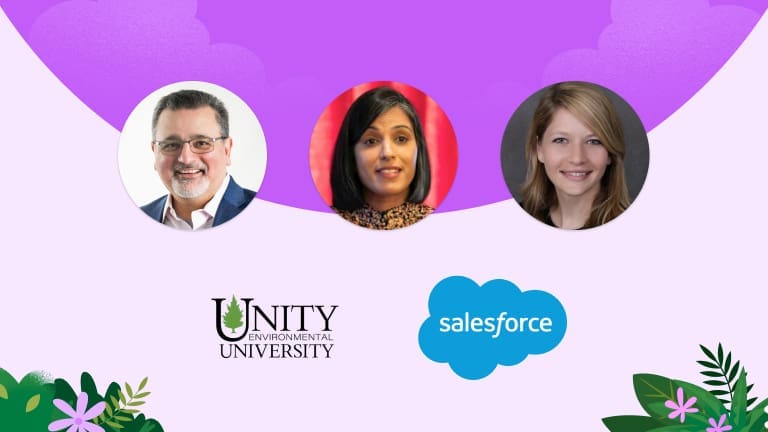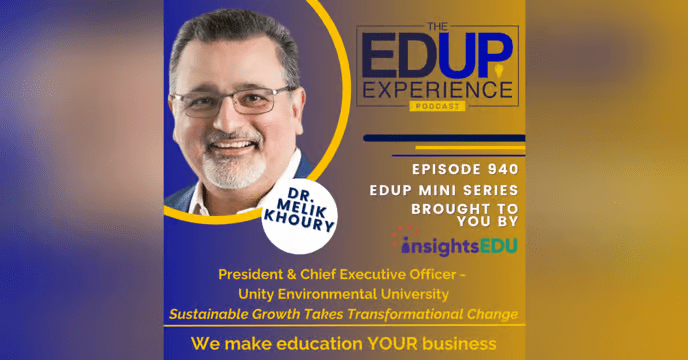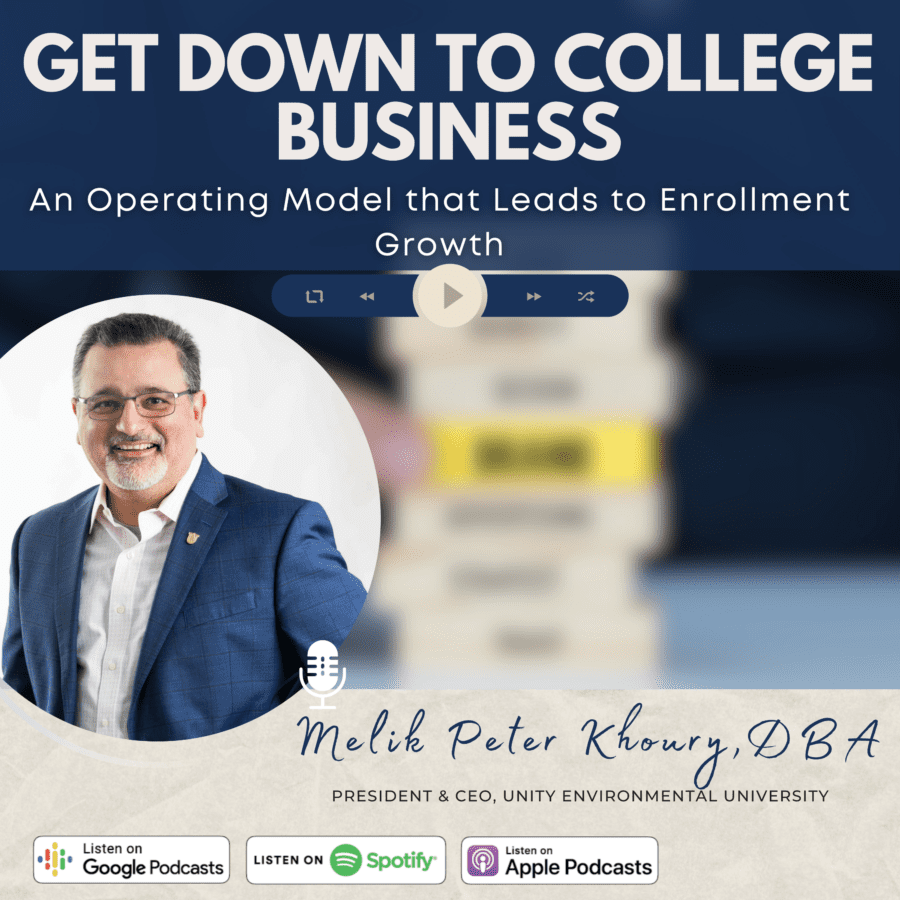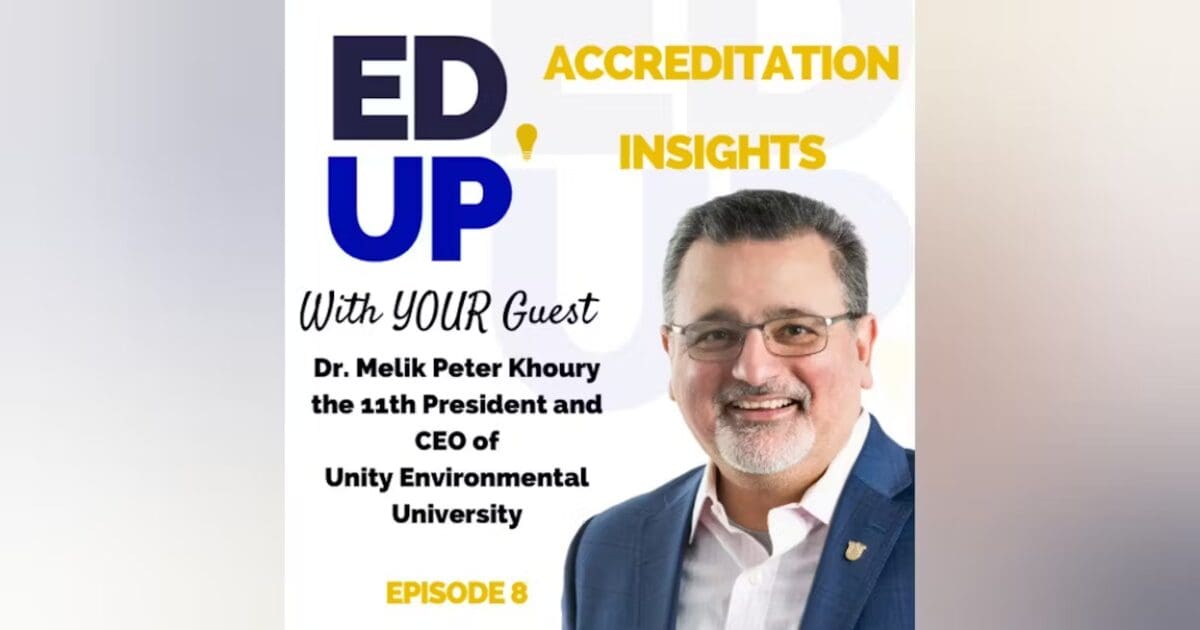
Office of the President
As I Complete my 12 Years at Unity – A Moment of Reflection
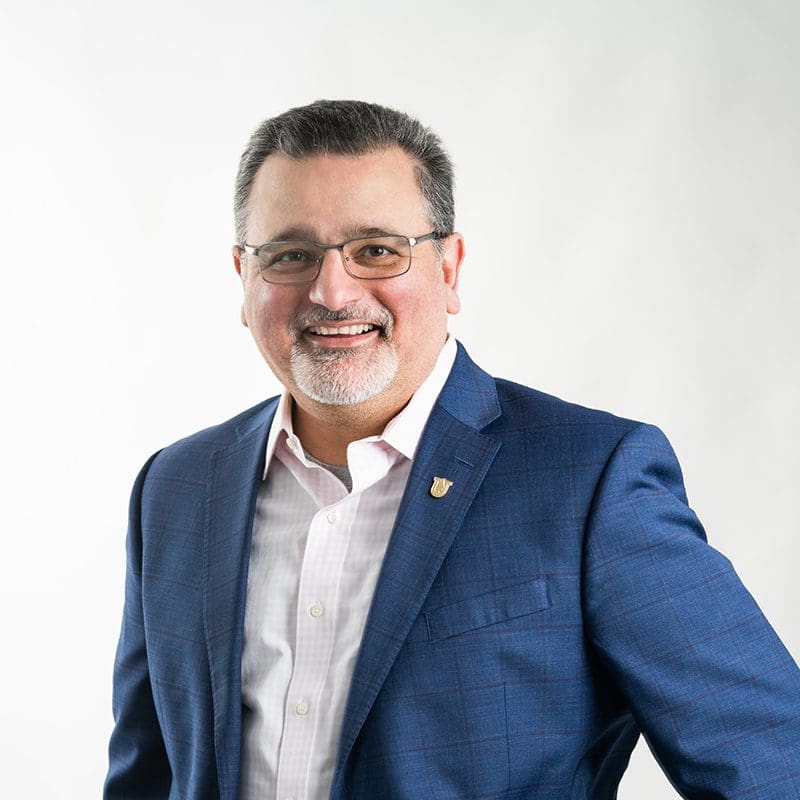
December 20, 2024
Twelve years ago, this week, when I started at Unity, we faced a choice, maintain comfortable academic conventions or forge a different path entirely. Today, as I reflect on completing my twelfth year at Unity, I am struck by how that choice – and the cultural transformation that followed – has fundamentally redefined what’s possible at a private environmental science university.
The shift began with a simple but powerful principle; no work that serves our mission is beneath any of us. This wasn’t an empty platitude, it demanded a complete restructuring of how we think about and value work in higher education, leading to our current matrix organization where traditional higher education approaches give way to fluid, mission-driven collaboration. Where other institutions maintain artificial distinctions between “prestigious” academic work and “ordinary” operational tasks, Unity deliberately dismantled these barriers.
The results speak for themselves. Our unprecedented success in expanding access to environmental science education stems directly from this cultural transformation. When faculty members step beyond traditional roles to support recruitment, when administrators engage across functional areas, and when our board focuses on strategic initiatives while supporting our cultural transformation; we create efficiencies that directly translate into student access and affordability.
This cultural shift challenged deeply ingrained academic habits. It required everyone – from the boardroom to the classroom – to reject the notion that certain work was “beneath” their station. It meant acknowledging that a university’s success, particularly one focused on environmental science, depends as much on operational excellence as academic rigor. Our willingness to work beyond traditional boundaries and comfort zones; to simply work harder than our peers when needed; has become a cornerstone of our success.
The transformation hasn’t always been comfortable. It demanded that we confront and discard academic elitism that too often separates “thinking” from “doing.” It required recognition that every revenue-generating activity, every operational efficiency, every hands-on task directly connects to our ability to serve more students. Yes, this means we often work harder than our peers at traditional institutions; but this additional effort is precisely what enables our extraordinary impact. We’ve embraced the reality that transformative education requires transformative effort.
Today, Unity stands apart because we’ve proven that embracing all aspects of institutional work, regardless of title or position, creates extraordinary results. Our success in expanding access isn’t despite our size or specialization, it’s because we’ve built a culture where every task that serves our mission is valued, where leaders at every level engage directly in the work needed for institutional sustainability.
This isn’t about teamwork or collaboration; it’s about fundamentally restructuring how a university operates. When I see faculty members engaging in recruitment alongside their teaching duties, administrators working directly on revenue-generating initiatives, and our matrix organization enabling fluid movement between traditional silos, I see the future of higher education taking shape; I see the exemplar of what a faculty, a staff, an administrator should be.
The unprecedented access our students now enjoy stems directly from this cultural transformation. By rejecting the traditional structures that plague higher education, by embracing revenue generation as crucial to our mission, by understanding that no task is beneath anyone, we’ve created a model that maximizes our impact while minimizing student debt.
So, as I mark this twelfth year milestone, our challenge is to strengthen and deepen this cultural transformation. In a sector often paralyzed by tradition and privilege, Unity has proven that embracing all aspects of institutional work, from the mundane to the magnificent, creates extraordinary educational access.
This is what sets Unity apart. Not endowments. Not legacy admissions. Not century-old traditions. But a clear-eyed understanding that expanding access to environmental science education requires every one of us to embrace whatever work needs to be done, regardless of title or position.
The results of this cultural transformation speak volumes; record-breaking student access, innovative revenue streams, enhanced student support services, and improved operational efficiency. These aren’t just metrics; they’re the direct result of a culture that values doing what needs to be done, regardless of who needs to do it – They are because of you!
As we look ahead, this cultural foundation, where no task is beneath anyone and every contribution toward student success matters, will continue to distinguish Unity from institutions bound by traditional academic hierarchies. This is how a mid-market, tuition dependent, sustainability focused, performance-based, university based in Maine leads the way in reimagining higher education’s future. Thank you all for your support, ingenuity, and commitment to our students. Through all of it, I believe I made the right choice; and I am proud of what you have accomplished embodying our core values: Transformation; Resilience; & Sustainability to fulfill our mission – and that is our Secret Sauce.
With pride,
Dr. Melik Peter Khoury
President & CEO,
Unity Environmental University
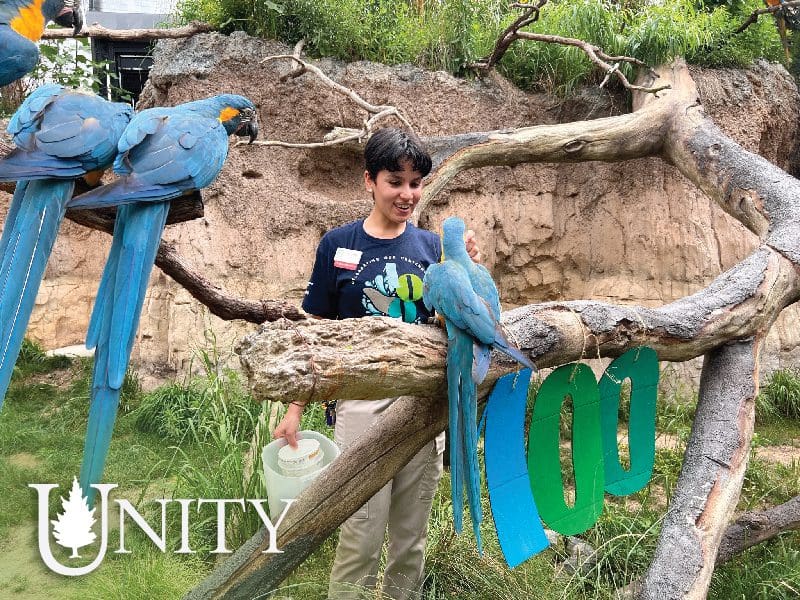
An Online Pivot Pays Off
“In fall 2012, Unity College had fewer than 600 students. Now, a decade and a name change later, Unity Environmental University counts more than 7,500 students. Administrators attribute the explosive enrollment growth to a hard online pivot centered on high-demand environmental programs.”
“What we realized is our mission as an environmental institution and our curriculum was very relevant for the 21st century, but we really only served one audience well, which was residential, coming-of-age high school graduates in a very traditional approach.”
–Dr. Melik Peter Khoury
https://lnkd.in/e3fByshq
Hear Dr. Khoury discuss the current state of higher education and its future:


